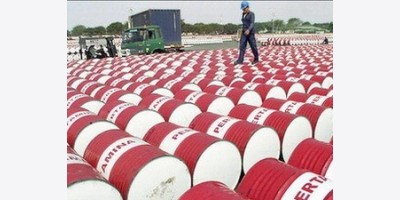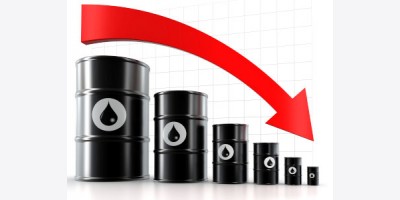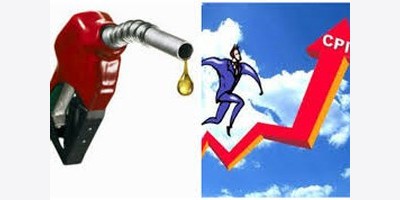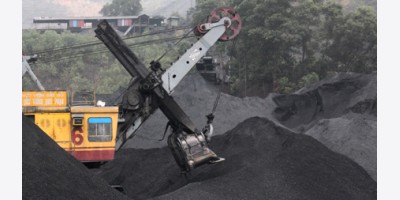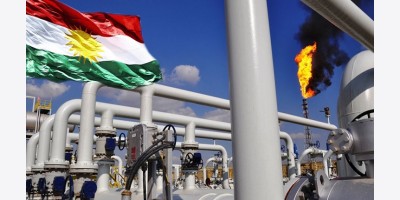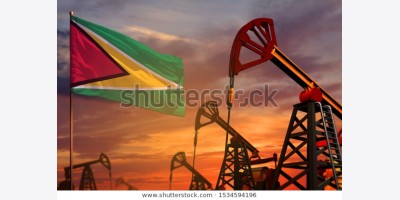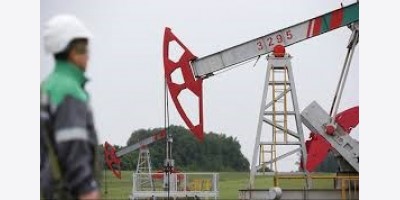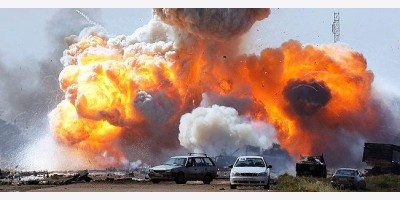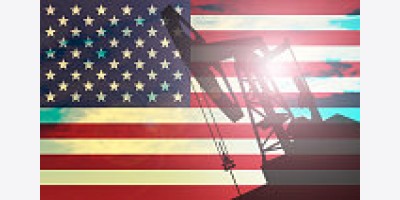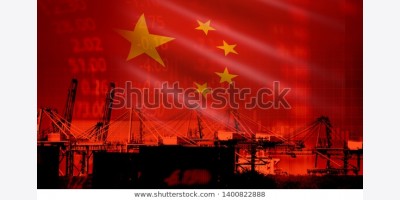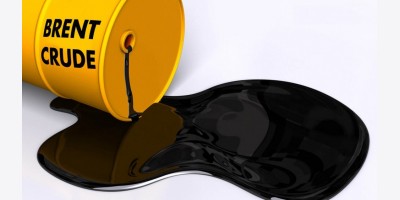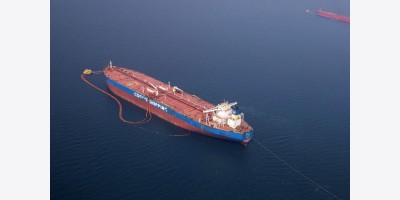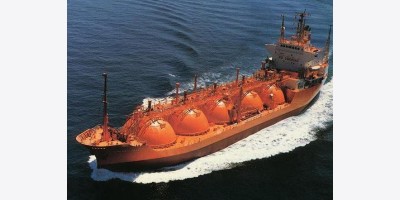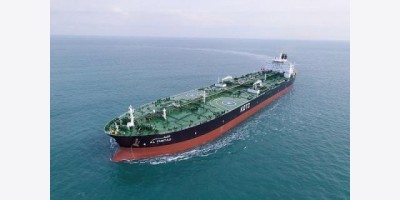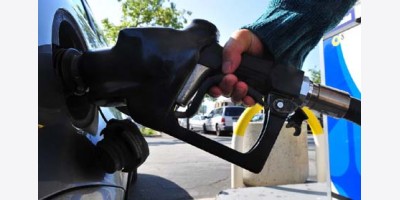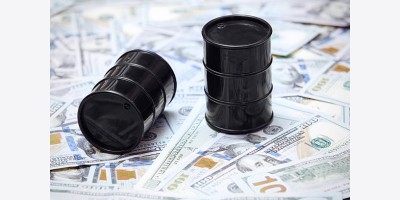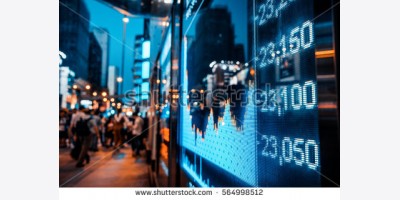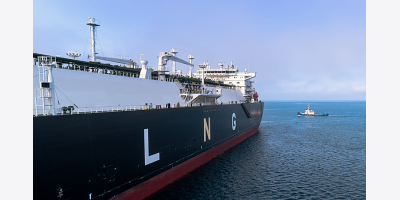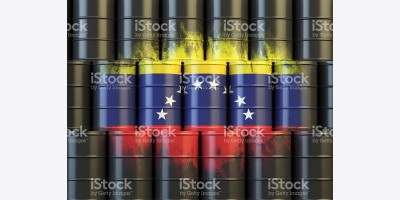In a bid to show members of Venezuelan society the age of Chavismo was alive and well, Venezuelan President Nicolas Maduro decided to rename one of the largest oil fields in the world after his mentor and former President Hugo Chavez. The Maduro administration might not last the year, however, suggesting the former president's legacy is indeed out at sea.
Maduro, the former vice president and foreign minister during the Chavez era, said the nation's oil sector was "rescued" by the former president, whose 14-year reign over Venezuela ended when he died from cancer last year. Now, it's time to honor him by renaming the country's offshore Orinoco belt the "Hugo Chavez oil belt," he said.
The president in December devalued the currency in an effort to reverse the decline of an ailing oil sector. The Organization of Petroleum Exporting Countries in its February marketreport said member state Venezuela was producing around 2.3 million barrels of oil per day, about 1 percent less than the year before Chavez died and almost half of the level from 1997, the year before he took power.
Oil accounts for 95 percent of the country's export earnings and nearly half of its budget revenues. While the decline in production since 1997 can be attributed in part to field maturation, most of the problem can be blamed on mismanagement of state-owned oil company Petroleos de Venezuela, or PDVSA.
For his part, Maduro, now 11 months into his first term in power, is facing growing political opposition and nation-wide protests that turned deadly in recent days. In a bid to secure his grip on power, he's charged opposition leader Leopoldo Lopez with terrorism. Amnesty International said those charges were politically motivated. Last year's 50.7 percent victory for Maduro brought cries of foul from rival Henrique Capriles. Lopez now is just one of the president's political concerns.
Before Maduro took office, we expected the economy in Venezuela would continue to suffer no matter who took power.
Economic prospects for Venezuela are down with former top export destination United States in the midst of an oil boom of its own, leaving an already weakened Venezuelan economy struggling to stay afloat. Inflation stands at around 56 percent. Perhaps it's with a bit of irony then that, given Chavez's failure to administer some of the largest oil reserves in the world to his country's favor, his successor decided to don the Orinoco belt with his namesake.
Source: Oilprice.com




